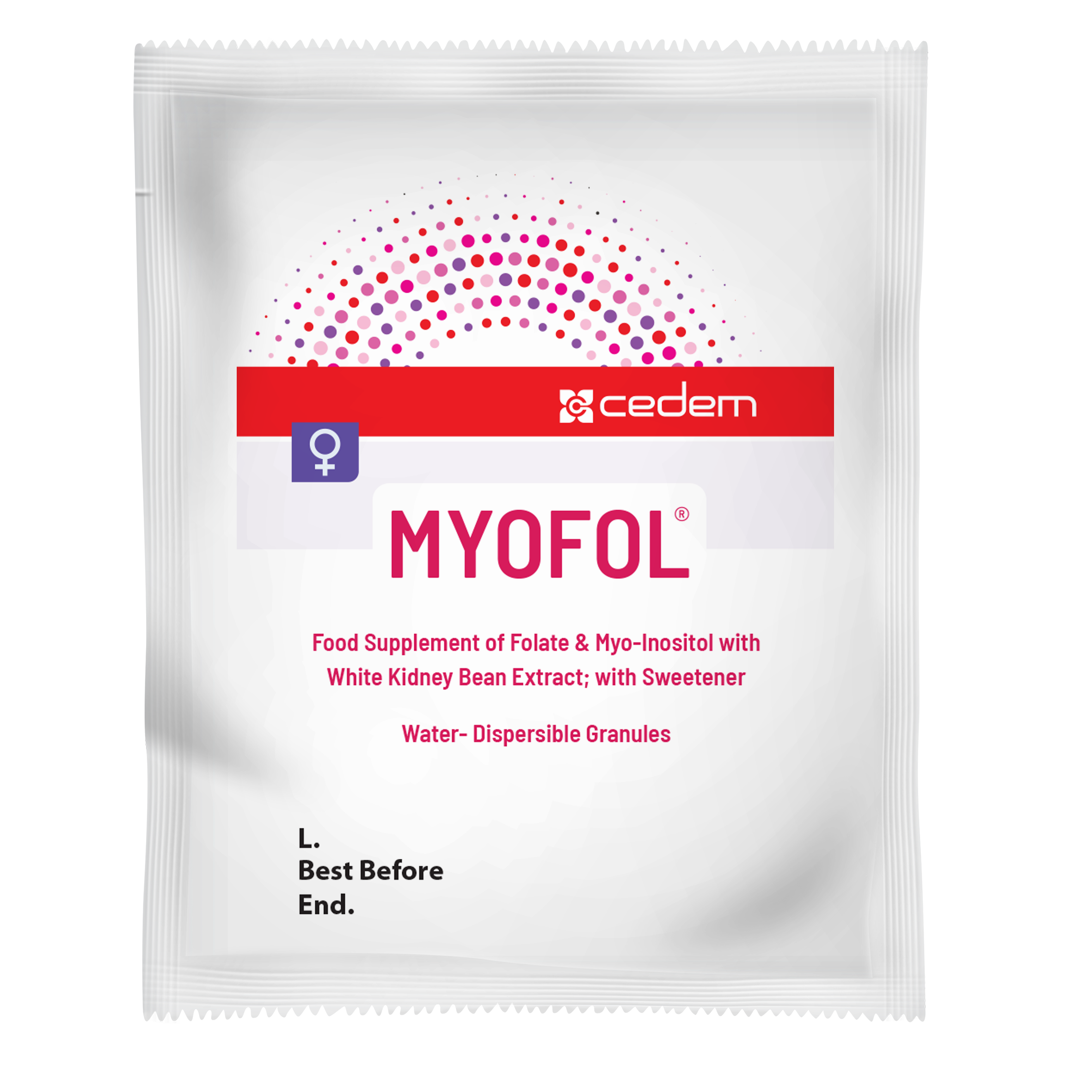
Fertility Supplements for Women: Supporting Reproductive Health Naturally
Maintaining optimal fertility is a delicate balance of hormones, lifestyle choices, and proper nutrition. For women facing fertility challenges or aiming to enhance their reproductive health, supplements can provide significant support. One highly effective option is Myofol, a food supplement scientifically designed to improve ovarian function, regulate menstrual cycles, and alleviate symptoms of Polycystic Ovary Syndrome (PCOS).
In this guide, let’s explore how fertility supplements, like Myofol, can help boost reproductive health and make the journey to conception smoother and healthier.
What Are Fertility Supplements?
Fertility supplements are nutritional aids that provide essential vitamins, minerals, and natural compounds to support reproductive health. These supplements target hormonal imbalances, enhance egg quality, and promote overall well-being.
Key Ingredients such as Myo-Inositol, White Kidney Bean Extract, and Folic Acid are crucial for improving ovulation, boosting egg quality, and preparing the body for a healthy pregnancy. Learn more about how Myofol can transform your fertility journey at Myofol for Fertility.
Essential Ingredients in Fertility Supplements
Myo-Inositol
- Role: Myo-Inositol acts as a messenger for hormones like insulin and gonadotropins, which are essential for reproductive health.
- How It Helps: Research shows that Myo-Inositol can improve ovarian function, regulate menstrual cycles, and restore normal ovulation.
- Additional Benefits: It is especially effective for women with PCOS, aiding in the reduction of insulin resistance and improving egg quality.
Discover its full potential at The Benefits of Myofol.
White Kidney Bean Extract
- Role: This extract aids in weight management and stabilizes blood sugar by inhibiting carbohydrate absorption.
- Relevance to PCOS: Women with PCOS often struggle with weight management and insulin resistance. White Kidney Bean Extract addresses these challenges, making it a key ingredient in fertility supplements.
Read more about its benefits at Unlocking Reproductive Health.
Folic Acid
- Role: Folic Acid supports DNA synthesis and cellular function, both of which are critical during conception and early pregnancy.
- How It Helps: Known for reducing the risk of neural tube defects, it also enhances overall fertility.
- Scientific Backing: Studies confirm its effectiveness in preparing the body for a healthy pregnancy.
Explore more about its importance at Fertility Wellness Guide with Myofol.
How Myofol Supports Fertility
Myofol is a comprehensive supplement tailored for women seeking to optimize their reproductive health. Its unique blend of scientifically backed ingredients makes it a powerful ally in the fertility journey.
Key Benefits:
- Alleviates PCOS Symptoms: Reduces insulin resistance and aids in weight management.
- Improves Egg Quality: Promotes healthy follicle development, ensuring eggs are viable for conception.
- Regulates Menstrual Cycles: Restores hormonal balance to enable regular ovulation.
Discover more at Myofol Product Page.
Lifestyle Tips to Enhance Fertility
While supplements like Myofol are highly effective, pairing them with healthy habits can amplify their benefits:
- Eat a Balanced Diet: Incorporate antioxidants, lean proteins, and healthy fats into your meals.
- Exercise Regularly: Moderate physical activity improves blood flow and helps maintain a healthy weight.
- Manage Stress: Practice mindfulness or yoga to minimize stress, which can negatively impact fertility.
- Stay Hydrated: Adequate hydration supports reproductive health and overall wellness.
For additional guidance, visit Fertility Wellness Guide with Myofol.
Why Choose Myofol Plus?
For those seeking enhanced fertility support, Myofol Plus offers an advanced formula with additional nutrients tailored for conception and pregnancy.
Key Features:
- Dual Action Formula: Targets ovarian function and egg quality simultaneously.
- Swiss Science: Precision-crafted for safety and effectiveness.
Learn more at Myofol Plus Product Page.
Final Thoughts
Fertility supplements for women, such as Myofol, provide a natural and effective way to enhance reproductive health. By addressing hormonal imbalances, improving egg quality, and supporting overall well-being, these supplements empower women on their journey to conception. When combined with a healthy lifestyle, they can significantly boost fertility and pave the way for a successful pregnancy.
Start your journey with Myofol today, and take proactive steps toward better reproductive health.


 United States
United States Germany
Germany